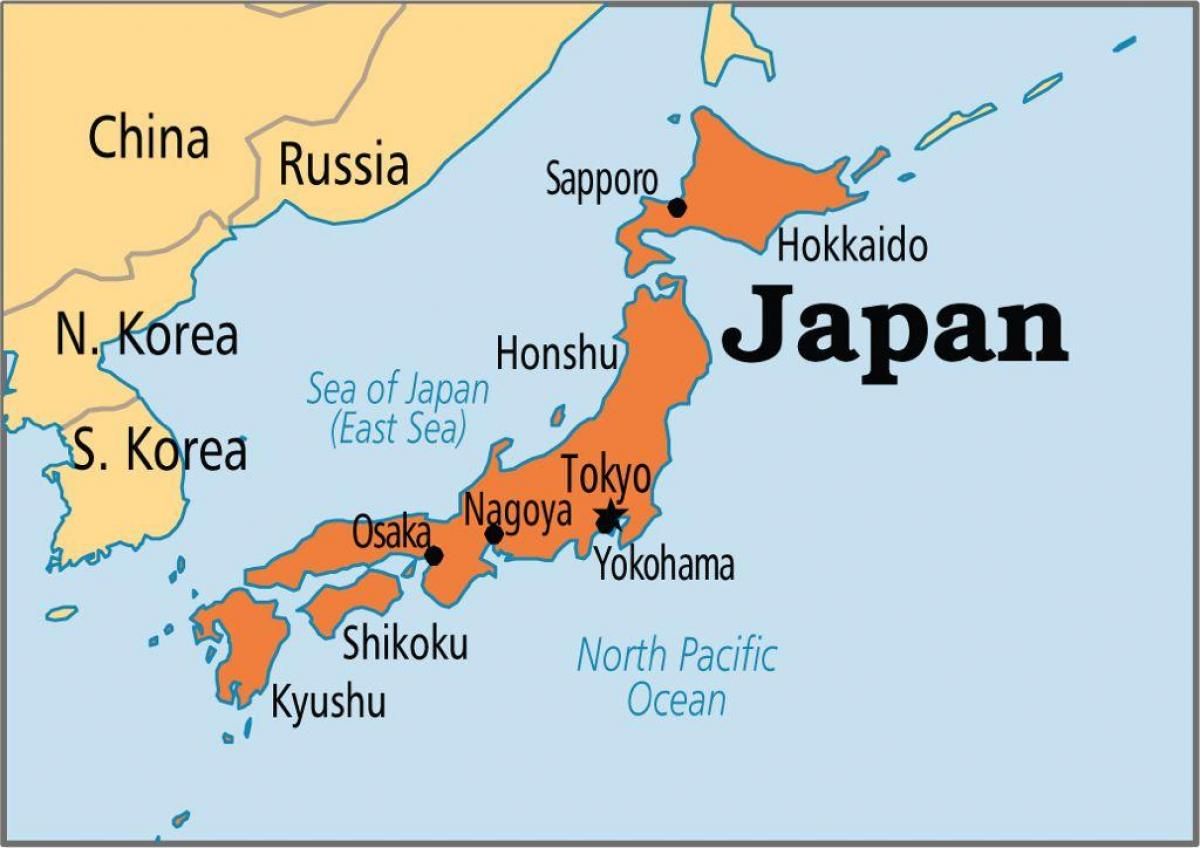International Relations
India-Japan Defence Policy Dialogue
- 08 Apr 2023
- 7 min read
For Prelims: India-Japan Defence Exercises, G-20, QUAD, G-4.
For Mains: Significance, Challenges in India-Japan Relationship.
Why in News?
Recently, the 7th India-Japan Defence Policy Dialogue was co-chaired by Defence Secretary of India and the Vice Minister of Defense for International Affairs of Japan in New Delhi.
What are the Key Details of Dialogue?
- About: The Defence Policy Dialogue is an institutionalized mechanism between India and Japan to discuss bilateral defence cooperation.
- The purpose of the meeting is to discuss a wide range of issues related to defence cooperation between the two countries.
- Highlights of the 7th Dialogue:
- The two countries discussed Service-level exercises and engagements, regional security issues and cooperation in defence equipment & technology.
- The Japanese Vice Minister presented policy updates from their recently released National Security Strategy and National Defense Strategy.
- Both countries appreciated the growing cooperation between the Services through Staff talks and exercises.
- They welcomed the conduct of the inaugural fighter exercise ‘Veer Guardian’ between the Indian Air Force and Japanese Air Self Defence Force in January 2023 in Japan.
- The Defence Secretary emphasized that both the countries should aim to deepen collaboration between the respective defence industries,
- Japanese defence industries were invited for investment in India under the ‘Make in India’ initiative.
- Both sides agreed to diversify cooperation in new and emerging domains like defence space and cyber.
- The two countries discussed Service-level exercises and engagements, regional security issues and cooperation in defence equipment & technology.
How are India's Relations with Japan?
- Defence Cooperation: Japan is one of the few countries with whom India has 2+2 ministerial dialogue
- India and Japan's defence forces also organize a series of bilateral exercises such as:
- JIMEX (naval), Malabar exercise (Naval Exercise), ‘Veer Guardian’ and SHINYUU Maitri (Air Force), and Dharma Guardian (Army).
- India and Japan's defence forces also organize a series of bilateral exercises such as:
- Common Groupings:
- Both India and Japan are members of Quad, G20 and G-4, International Thermonuclear Experimental Reactor (ITER).
- India-Japan Act East Forum was established in 2017 which aims to provide a platform for India-Japan collaboration under the rubric of India’s “Act East Policy“ and Japan’s "Free and Open Indo-Pacific Strategy”.
- Investment and ODA:
- India has been the largest recipient of the Japanese Official Development Assistance (ODA) Loan for the past decades for.
- Delhi Metro is one of the most successful examples of Japanese cooperation through the utilization of ODA.
- India’s Western Dedicated Freight Corridor (DFC) project is funded by a soft loan provided by Japan International Cooperation Agency.
- Japan and India had committed to build a High-Speed Railways in India.
- India has been the largest recipient of the Japanese Official Development Assistance (ODA) Loan for the past decades for.
- Economic Relations: Japan’s bilateral trade with India totaled US$ 20.57 billion during FY 2021-22. India was the 18th largest trading partner for Japan, and Japan was the 12th largest trading partner for India in 2020.
- India-Japan Digital Partnership: Discussion is going on for the “India-Japan Digital Partnership” with a view to enhancing the digital economy through the promotion of joint projects in the area of IoT (Internet of Things), AI (Artificial Intelligence) and other emerging technologies.
- Japan is looking forward to attracting more highly skilled Indian IT professionals to contribute to the Japanese ICT sector.
- Strategic Clean Energy Partnership: For cooperation in areas such as electric vehicles, storage systems including batteries, electric vehicle charging infrastructure, development of solar energy, hydrogen, ammonia, etc.
- Along with Digital Partnership, it was also announced at the 14th India-Japan Annual Summit
What are the Challenges Related to Defence Cooperation?
- China Factor: While both countries have sought to strengthen their relationship as a counterbalance to China's influence, their approaches to dealing with China have differed.
- India has been more vocal in criticizing China's actions, while Japan has been more cautious in its approach.
- Defence Exports: India is looking to export defence equipment to other countries, which could potentially compete with Japan's own defence exports.
- Influence of US-China Rivalry: The intensification of Chinese-American rivalry contributes to disturbance of regional security in the Indo-Pacific.
Way Forward
- India and Japan are required to transform their military strategy and build on the common interest in preventing the rise of a securing hegemony in the Indo-Pacific (US and China).
- More collaboration and cooperation can prove beneficial to both nations. There is also a huge potential with respect to Make in India.
- Joint ventures could be created by merging Japanese digital technology with Indian raw materials and labour.
UPSC Civil Services Examination, Previous Year Question (PYQ)
Q1. In which one of the following groups are all the four countries members of G20? (2020)
(a) Argentina, Mexico, South Africa and Turkey
(b) Australia, Canada, Malaysia and New Zealand
(c) Brazil, Iran, Saudi Arabia and Vietnam
(d) Indonesia, Japan, Singapore and South Korea
Ans: (a)
Exp:
- The G20 comprises Argentina, Australia, Brazil, Canada, China, EU, France, Germany, India, Indonesia, Italy, Japan, Mexico, Russia, Saudi Arabia, South Africa, South Korea, Turkey, UK and USA. Hence Option(a) is correct.





